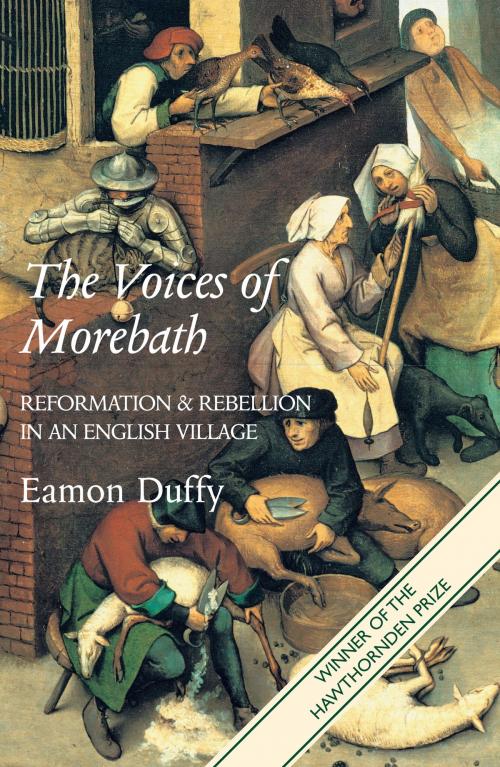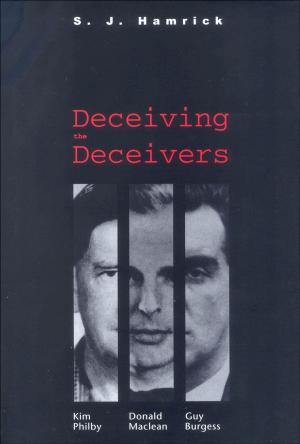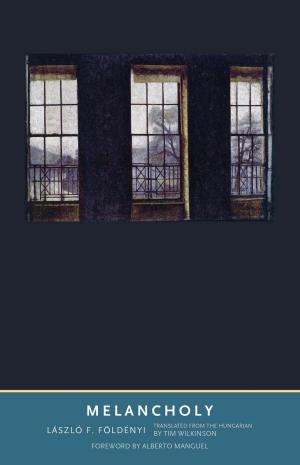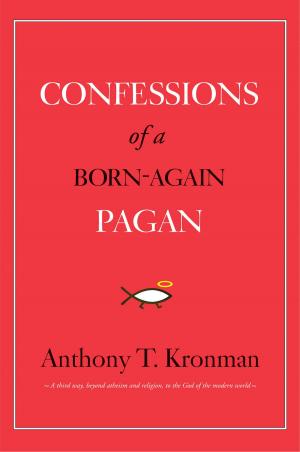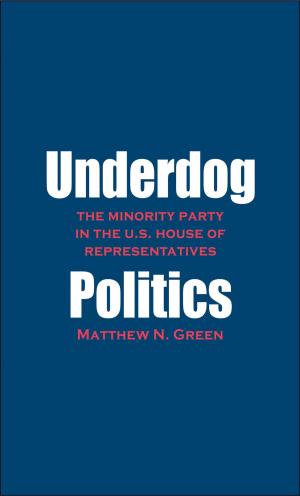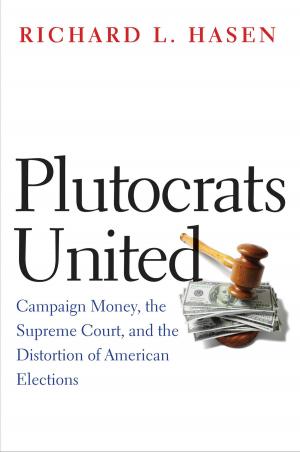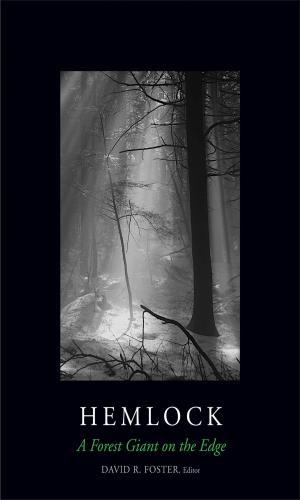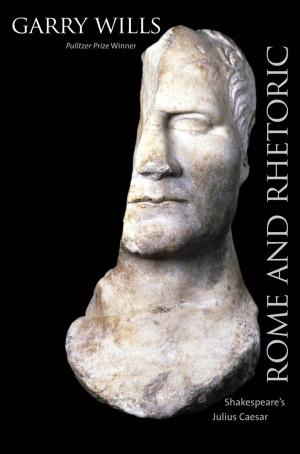| Author: | Eamon Duffy | ISBN: | 9780300175028 |
| Publisher: | Yale University Press | Publication: | August 11, 2003 |
| Imprint: | Yale University Press | Language: | English |
| Author: | Eamon Duffy |
| ISBN: | 9780300175028 |
| Publisher: | Yale University Press |
| Publication: | August 11, 2003 |
| Imprint: | Yale University Press |
| Language: | English |
In the fifty years between 1530 and 1580, England moved from being one of the most lavishly Catholic countries in Europe to being a Protestant nation, a land of whitewashed churches and antipapal preaching. What was the impact of this religious change in the countryside? And how did country people feel about the revolutionary upheavals that transformed their mental and material worlds under Henry VIII and his three children?
In this book a reformation historian takes us inside the mind and heart of Morebath, a remote and tiny sheep farming village on the southern edge of Exmoor. The bulk of Morebath’s conventional archives have long since vanished. But from 1520 to 1574, through nearly all the drama of the English Reformation, Morebath’s only priest, Sir Christopher Trychay, kept the parish accounts on behalf of the churchwardens. Opinionated, eccentric, and talkative, Sir Christopher filled these vivid scripts for parish meetings with the names and doings of his parishioners. Through his eyes we catch a rare glimpse of the life and pre-Reformation piety of a sixteenth-century English village.
The book also offers a unique window into a rural world in crisis as the Reformation progressed. Sir Christopher Trychay’s accounts provide direct evidence of the motives which drove the hitherto law-abiding West-Country communities to participate in the doomed Prayer-Book Rebellion of 1549 culminating in the siege of Exeter that ended in bloody defeat and a wave of executions. Its church bells confiscated and silenced, Morebath shared in the punishment imposed on all the towns and villages of Devon and Cornwall. Sir Christopher documents the changes in the community, reluctantly Protestant and increasingly preoccupied with the secular demands of the Elizabethan state, the equipping of armies, and the payment of taxes. Morebath’s priest, garrulous to the end of his days, describes a rural world irrevocably altered and enables us to hear the voices of his villagers after four hundred years of silence.
In this book a reformation historian takes us inside the mind and heart of Morebath, a remote and tiny sheep farming village on the southern edge of Exmoor. The bulk of Morebath’s conventional archives have long since vanished. But from 1520 to 1574, through nearly all the drama of the English Reformation, Morebath’s only priest, Sir Christopher Trychay, kept the parish accounts on behalf of the churchwardens. Opinionated, eccentric, and talkative, Sir Christopher filled these vivid scripts for parish meetings with the names and doings of his parishioners. Through his eyes we catch a rare glimpse of the life and pre-Reformation piety of a sixteenth-century English village.
The book also offers a unique window into a rural world in crisis as the Reformation progressed. Sir Christopher Trychay’s accounts provide direct evidence of the motives which drove the hitherto law-abiding West-Country communities to participate in the doomed Prayer-Book Rebellion of 1549 culminating in the siege of Exeter that ended in bloody defeat and a wave of executions. Its church bells confiscated and silenced, Morebath shared in the punishment imposed on all the towns and villages of Devon and Cornwall. Sir Christopher documents the changes in the community, reluctantly Protestant and increasingly preoccupied with the secular demands of the Elizabethan state, the equipping of armies, and the payment of taxes. Morebath’s priest, garrulous to the end of his days, describes a rural world irrevocably altered and enables us to hear the voices of his villagers after four hundred years of silence.
In the fifty years between 1530 and 1580, England moved from being one of the most lavishly Catholic countries in Europe to being a Protestant nation, a land of whitewashed churches and antipapal preaching. What was the impact of this religious change in the countryside? And how did country people feel about the revolutionary upheavals that transformed their mental and material worlds under Henry VIII and his three children?
In this book a reformation historian takes us inside the mind and heart of Morebath, a remote and tiny sheep farming village on the southern edge of Exmoor. The bulk of Morebath’s conventional archives have long since vanished. But from 1520 to 1574, through nearly all the drama of the English Reformation, Morebath’s only priest, Sir Christopher Trychay, kept the parish accounts on behalf of the churchwardens. Opinionated, eccentric, and talkative, Sir Christopher filled these vivid scripts for parish meetings with the names and doings of his parishioners. Through his eyes we catch a rare glimpse of the life and pre-Reformation piety of a sixteenth-century English village.
The book also offers a unique window into a rural world in crisis as the Reformation progressed. Sir Christopher Trychay’s accounts provide direct evidence of the motives which drove the hitherto law-abiding West-Country communities to participate in the doomed Prayer-Book Rebellion of 1549 culminating in the siege of Exeter that ended in bloody defeat and a wave of executions. Its church bells confiscated and silenced, Morebath shared in the punishment imposed on all the towns and villages of Devon and Cornwall. Sir Christopher documents the changes in the community, reluctantly Protestant and increasingly preoccupied with the secular demands of the Elizabethan state, the equipping of armies, and the payment of taxes. Morebath’s priest, garrulous to the end of his days, describes a rural world irrevocably altered and enables us to hear the voices of his villagers after four hundred years of silence.
In this book a reformation historian takes us inside the mind and heart of Morebath, a remote and tiny sheep farming village on the southern edge of Exmoor. The bulk of Morebath’s conventional archives have long since vanished. But from 1520 to 1574, through nearly all the drama of the English Reformation, Morebath’s only priest, Sir Christopher Trychay, kept the parish accounts on behalf of the churchwardens. Opinionated, eccentric, and talkative, Sir Christopher filled these vivid scripts for parish meetings with the names and doings of his parishioners. Through his eyes we catch a rare glimpse of the life and pre-Reformation piety of a sixteenth-century English village.
The book also offers a unique window into a rural world in crisis as the Reformation progressed. Sir Christopher Trychay’s accounts provide direct evidence of the motives which drove the hitherto law-abiding West-Country communities to participate in the doomed Prayer-Book Rebellion of 1549 culminating in the siege of Exeter that ended in bloody defeat and a wave of executions. Its church bells confiscated and silenced, Morebath shared in the punishment imposed on all the towns and villages of Devon and Cornwall. Sir Christopher documents the changes in the community, reluctantly Protestant and increasingly preoccupied with the secular demands of the Elizabethan state, the equipping of armies, and the payment of taxes. Morebath’s priest, garrulous to the end of his days, describes a rural world irrevocably altered and enables us to hear the voices of his villagers after four hundred years of silence.
